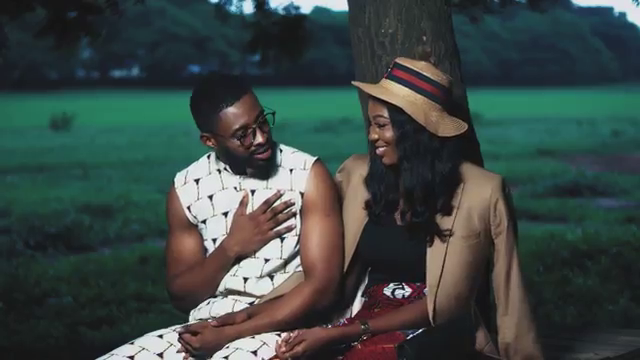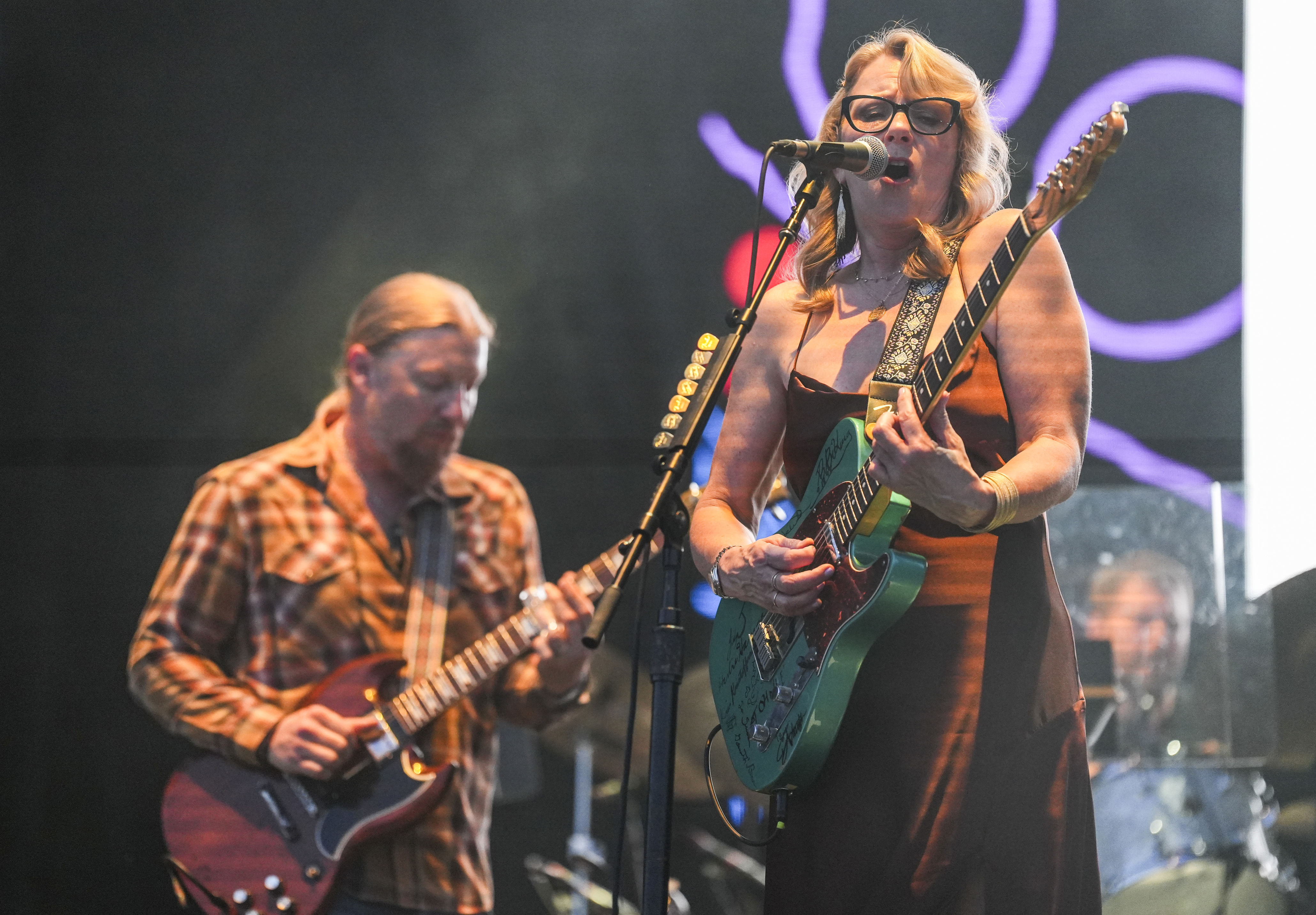
A Journey Through Time: The Tedeschi Trucks Band and Their Legacy
It has been a decade since the Tedeschi Trucks Band revisited Joe Cocker’s iconic “Mad Dogs & Englishmen” during a live performance at the 2015 Lockn’ Festival in Virginia. This event, which also featured Leon Russell and other veterans of the original 1970 tour, marked a significant moment in the band's history. Derek Trucks, the band’s founder, still reflects on this experience with a sense of awe, recognizing how fortunate he was to be part of such a historic gathering.
This collaboration led to the formation of the Tedeschi Trucks Band in 2010, as Derek and his wife, Susan Tedeschi, sought to create their own traveling rock ‘n’ roll circus. Now, the band is set to embark on a co-headlining tour with Whiskey Myers, coinciding with the release of an album documenting their shared stage with history—“Mad Dogs & Englishmen Revisited (Live at Lockn')”.
The Magic of Collaboration
Derek Trucks recalls the initial conversations about the Mad Dogs & Englishmen project, highlighting the unique opportunity it presented. The idea came together after they had previously worked with Leon Russell, who opened for them at the Beacon Theatre. When Joe Cocker passed away before the planned collaboration, the focus shifted to a tribute that would honor the legacy of the original tour.
The process of bringing together the original members of the Mad Dogs & Englishmen was both challenging and rewarding. Trucks reached out to Leon Russell, expecting a rejection, but was surprised by his enthusiasm. Once Leon signed on, others followed, leading to a reunion that felt like a Super Bowl for the musicians involved.
The Influence of Leon Russell
Leon Russell played a pivotal role in shaping the band's direction. His mentorship and support were invaluable, especially for Derek and Susan. Trucks describes Russell as a larger-than-life figure who found kindred spirits in the couple. Their interactions were filled with mutual respect and admiration, creating a bond that extended beyond music.
Russell’s influence can be heard throughout the album, with contributions from other notable musicians like Chris Stainton and Kofi Burbridge. These collaborations added a layer of authenticity and depth to the project, making it a true tribute to the original Mad Dogs & Englishmen.
Expanding the Vision
The success of the Mad Dogs & Englishmen project inspired the band to take on another classic album, “Layla and Other Assorted Love Songs,” four years later. This endeavor further solidified their reputation as a band capable of tackling ambitious projects. The experience also led to the creation of a four-record set titled “I Am the Moon,” which drew inspiration from the Persian poem “Layla and Majnun.”
Mike Mattison, a member of the band, played a key role in this creative process. His deep dive into the source material sparked a new perspective, encouraging the band to explore Layla’s story from her point of view. This shift in narrative led to a rich and diverse collection of songs that resonated with fans and critics alike.
The Pandemic and New Beginnings
The pandemic provided an unexpected opportunity for the band to focus on their creativity. With time on their hands, they embarked on the ambitious project of recording “I Am the Moon.” The process was both challenging and rewarding, allowing the band to reconnect and explore new musical directions.
Despite the initial skepticism from some record labels, the band remained committed to their vision. They released each record as a short film, offering fans a unique way to engage with their music during a difficult time. This innovative approach not only kept the audience connected but also helped maintain the band’s creative momentum.
Back on the Road
As the band returns to the road, Derek Trucks reflects on the joy of performing live again. The experience of playing for an audience, feeling the energy and connection, has become even more cherished after the long hiatus. The band remains grateful for the opportunity to share their music and connect with fans.
The Balance Between Studio and Live Performances
Derek Trucks shares his evolving perspective on studio work versus live performances. Initially, he preferred the spontaneity of live shows, but over time, he has come to appreciate the creative freedom the studio offers. This balance allows the band to experiment and grow, enriching their live performances with new ideas and perspectives.
Upcoming Tour Dates
The Tedeschi Trucks Band will be performing at the Arizona Financial Theatre in Phoenix on Monday, August 18, at 7:30 p.m. Tickets are available for purchase through Ticketmaster, with prices starting at $86.50. Fans can look forward to an unforgettable evening of music and celebration.


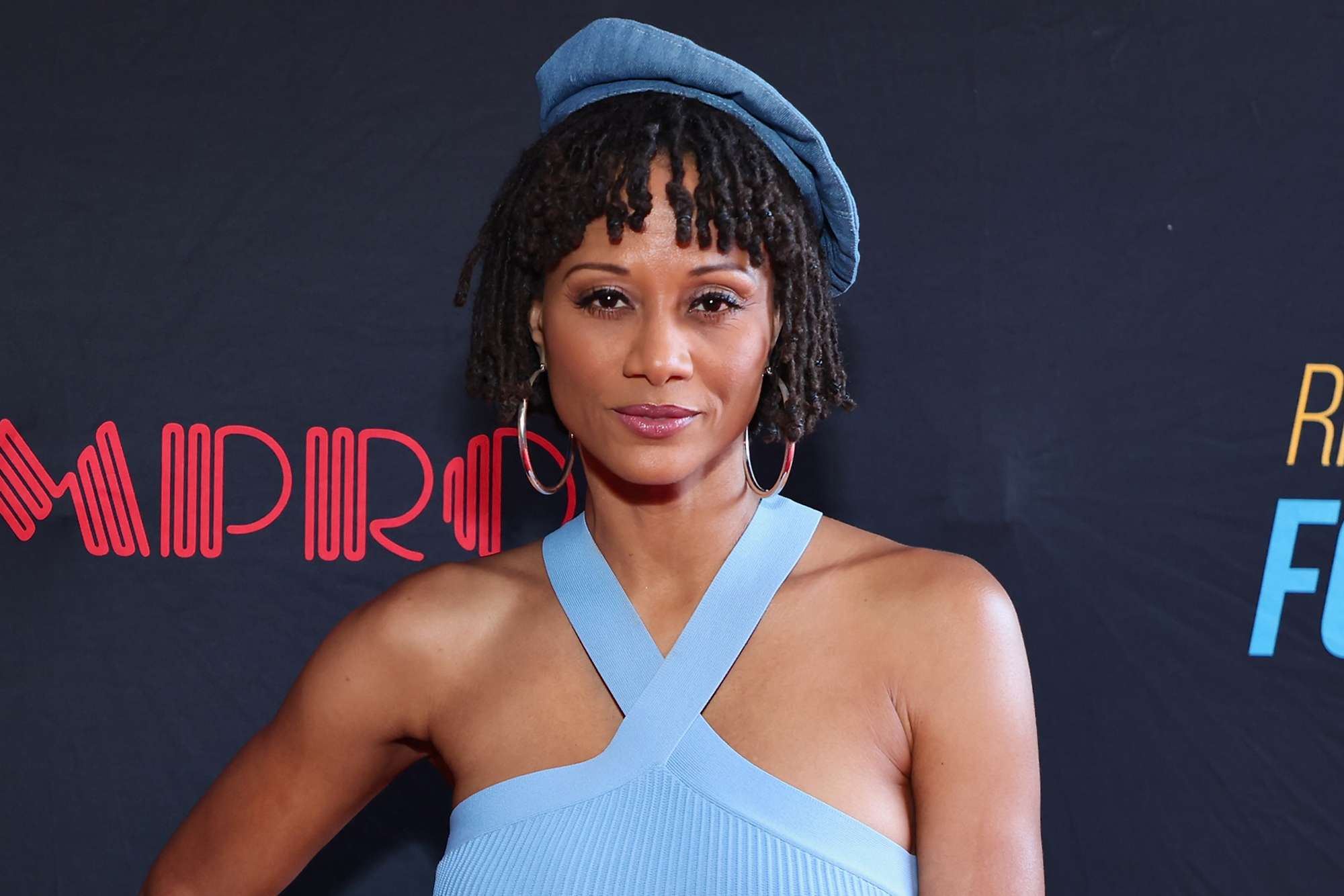

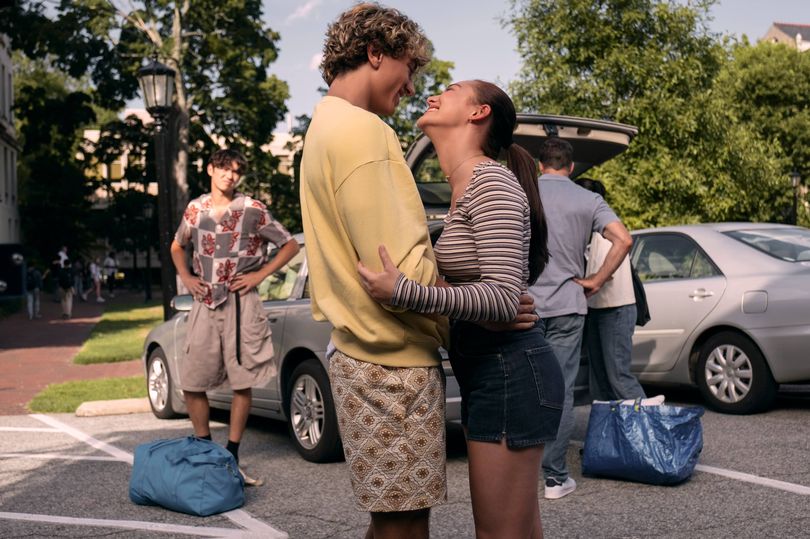
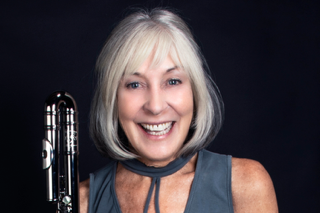
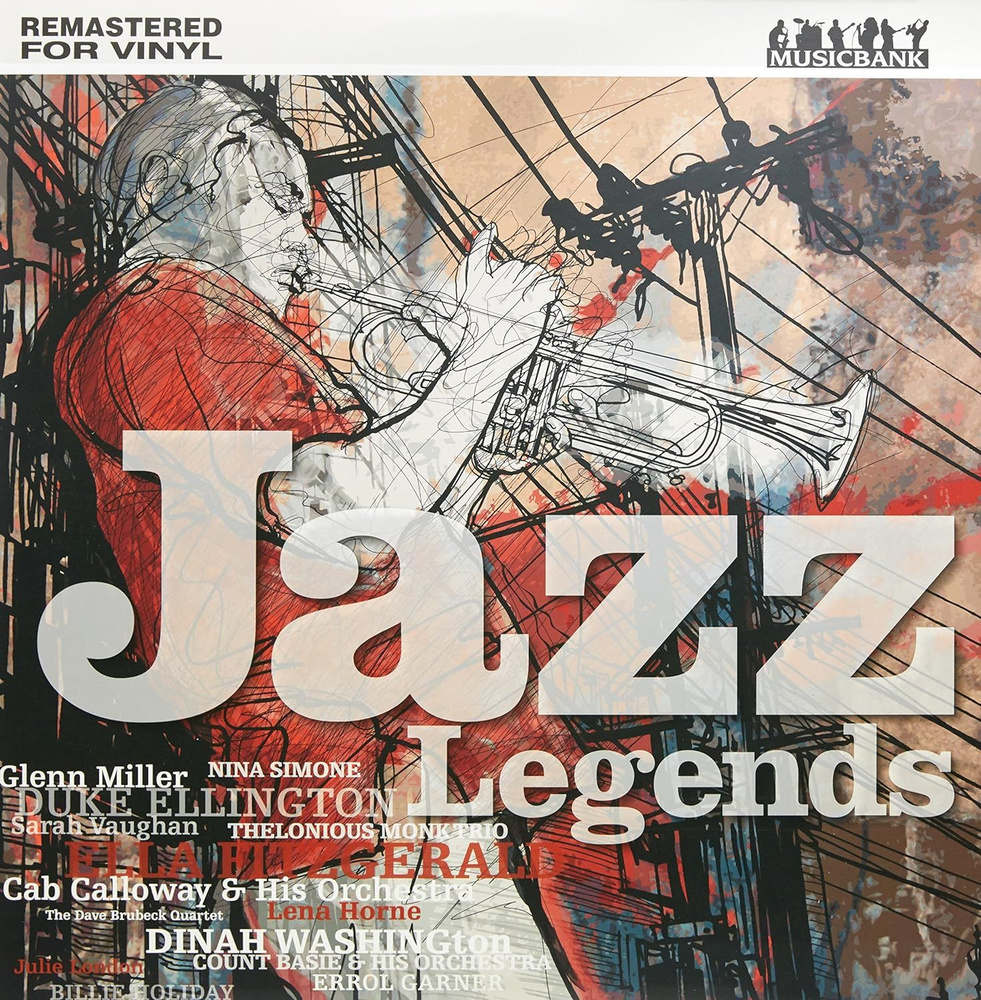


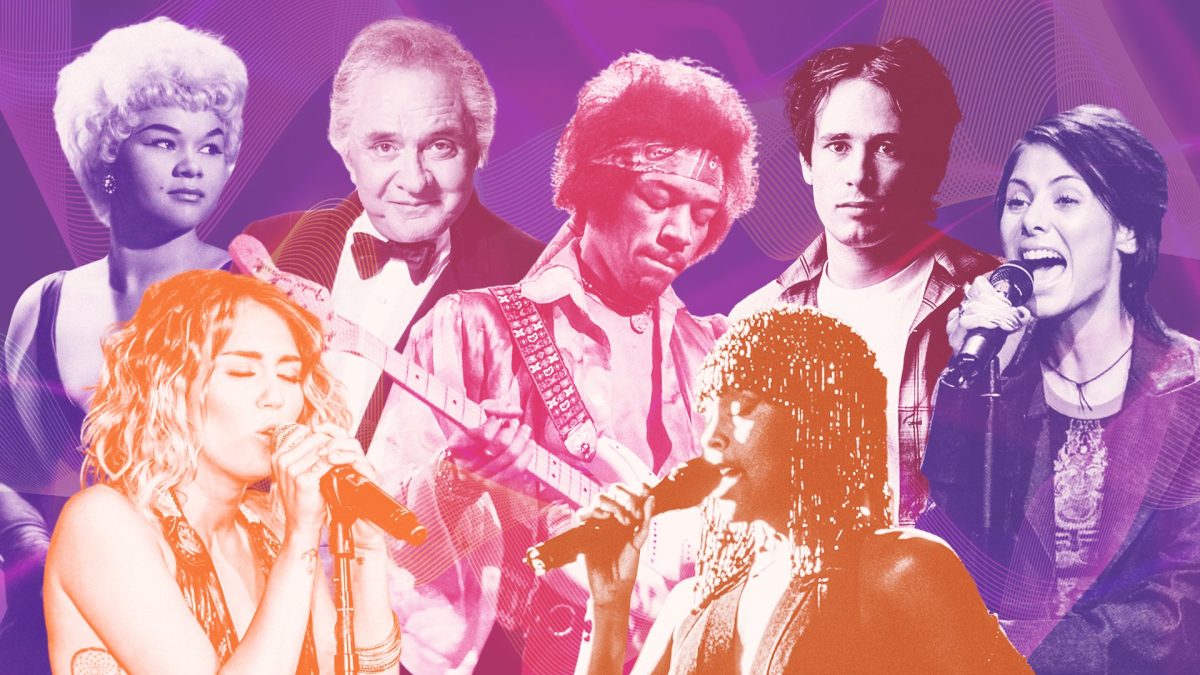
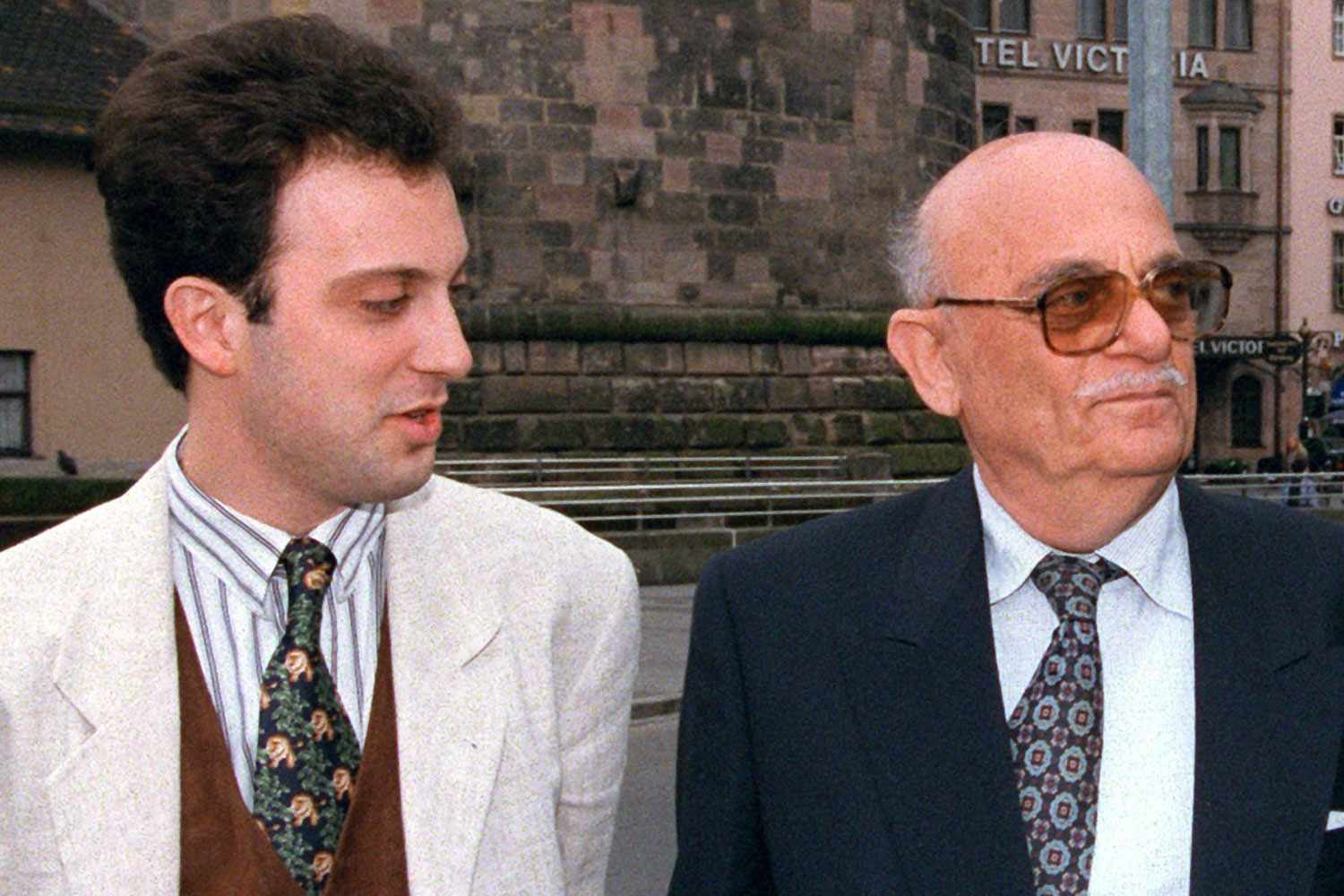
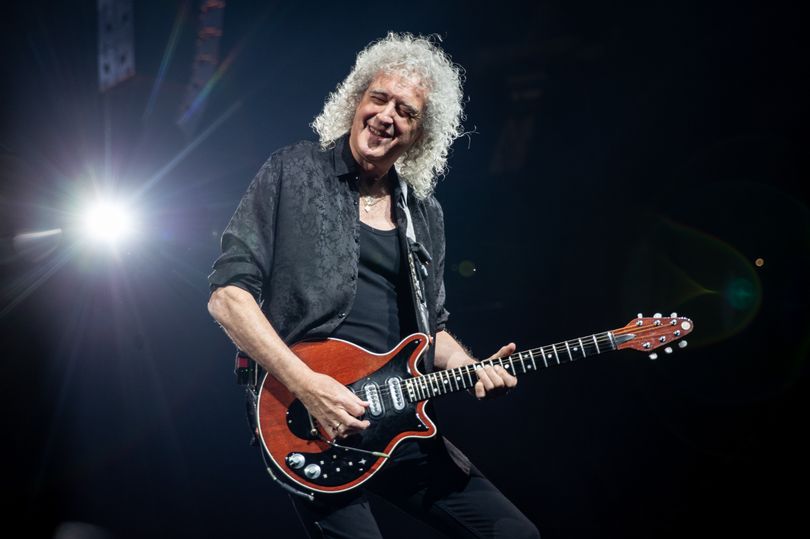
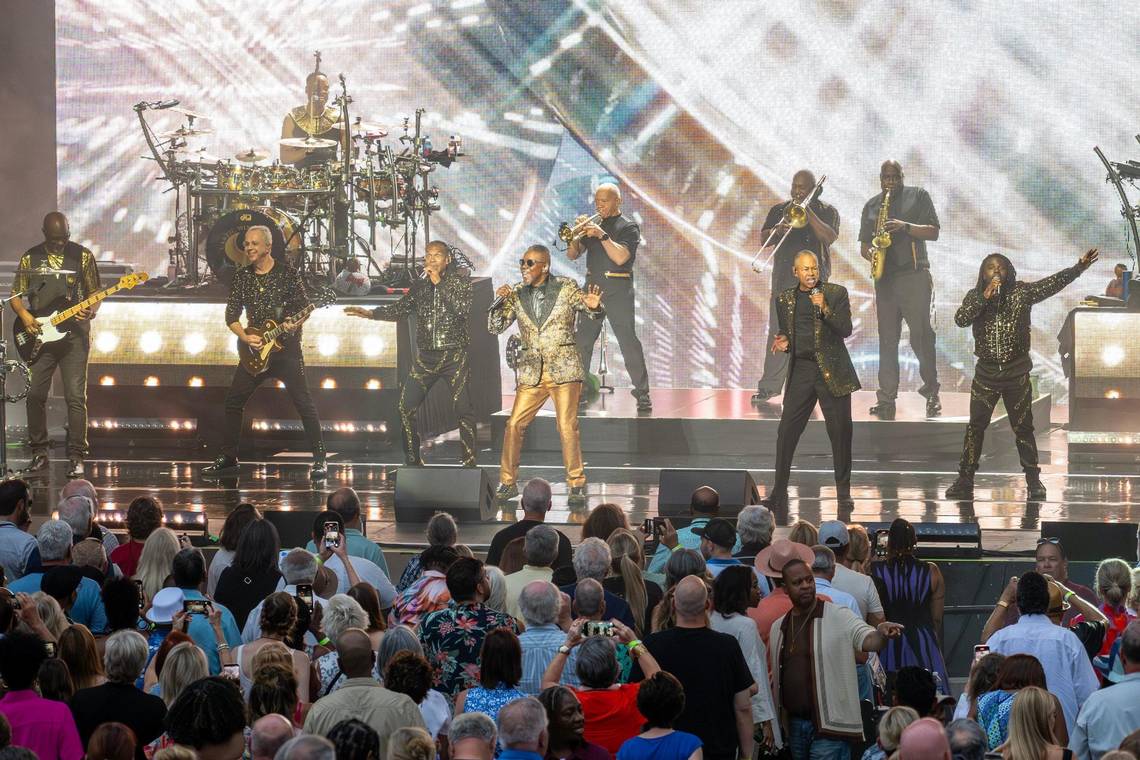
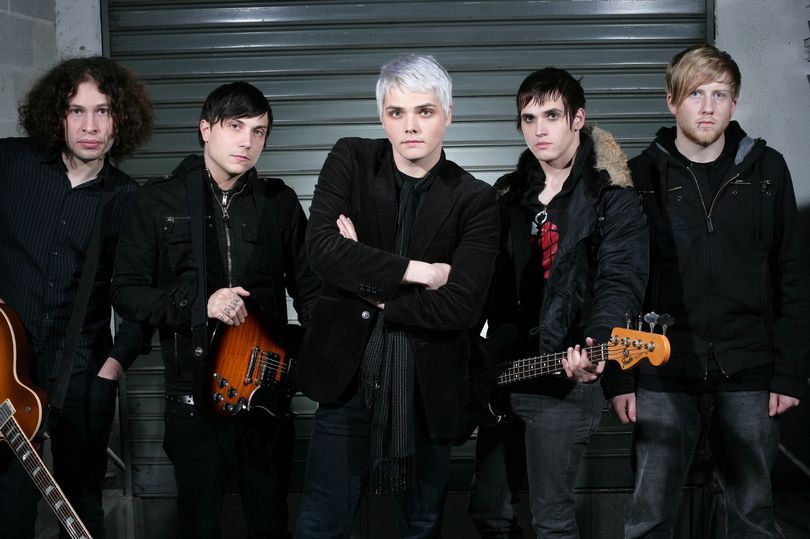
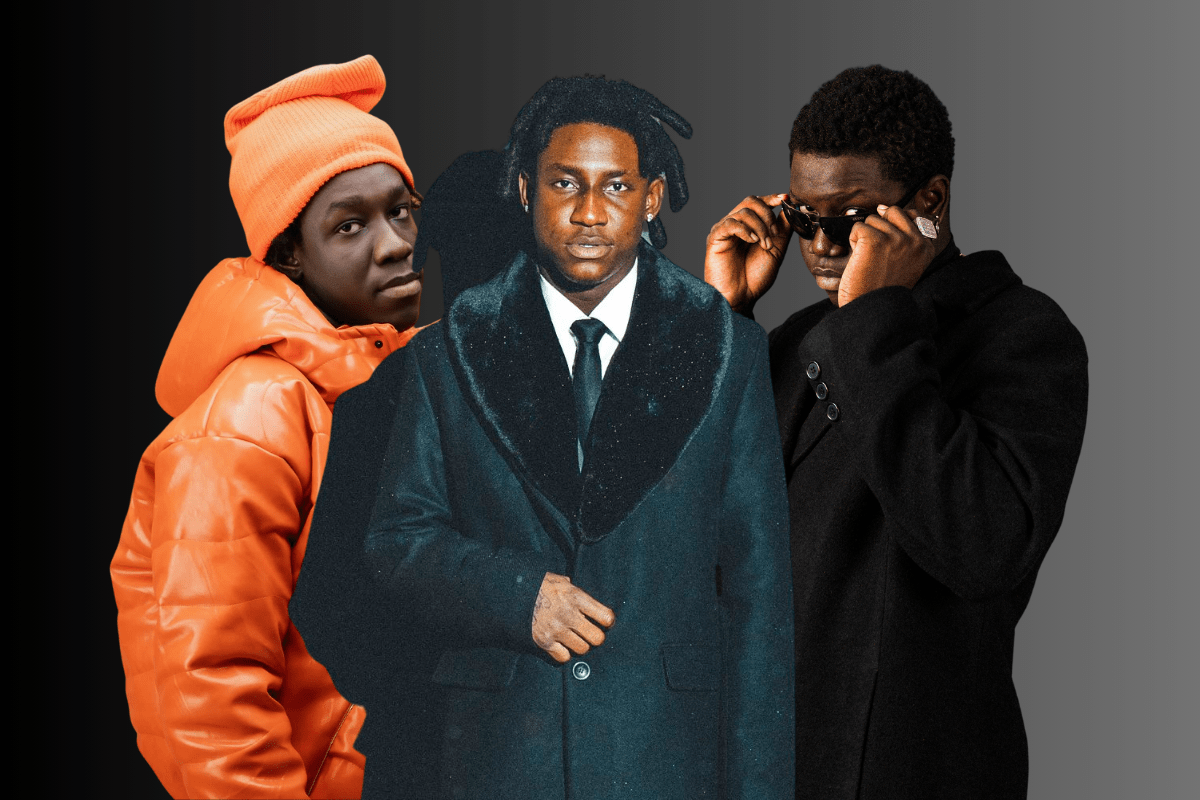
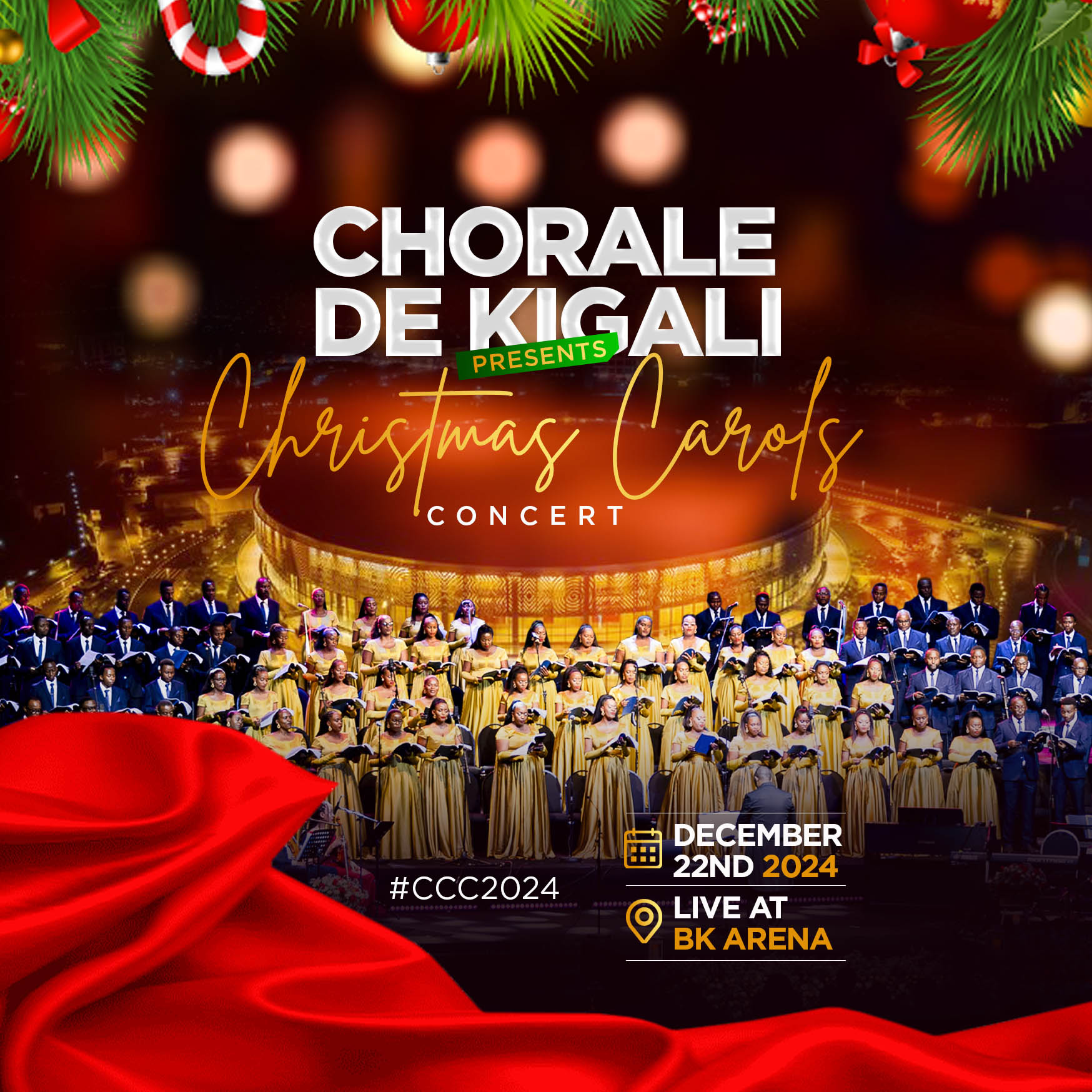
:strip_icc():format(jpeg)/kly-media-production/medias/1804265/original/044367500_1513498946-000_V03KX.jpg)
